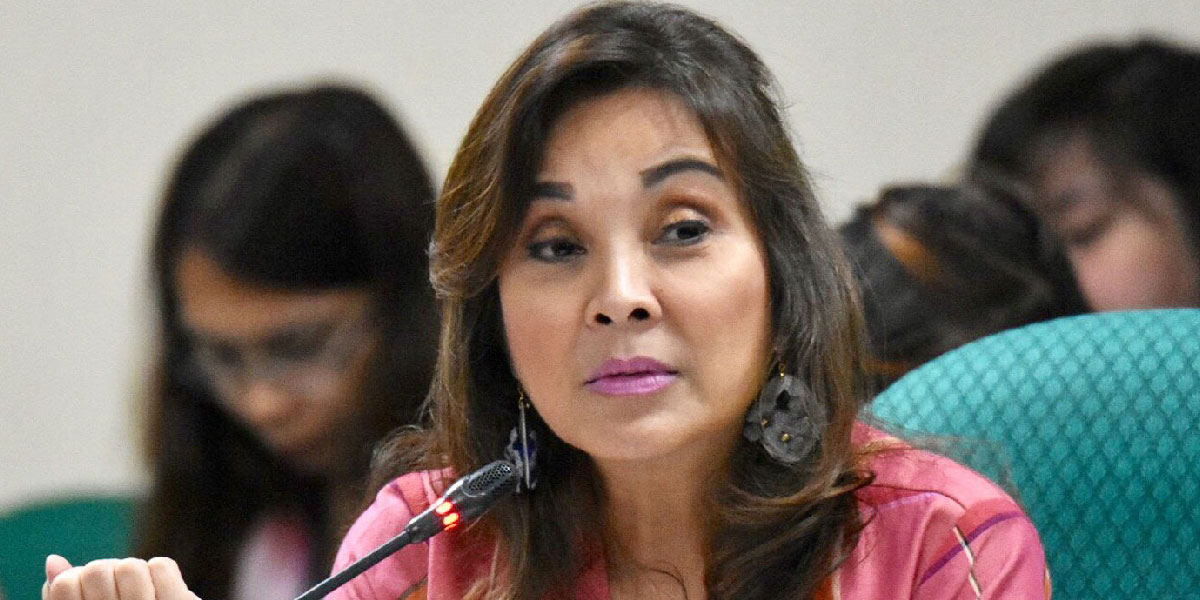MANILA Save the Children Philippines called for a clean and healthy environment in schools and communities to protect children from diseases and premature deaths due to air pollution.
The group raised the issue at the World Environment Day on June 5, citing around seven million people die every year across the world due to health problems caused by air pollution, 600,000 of them are children.
Lawyer Albert Muyot, Chief Executive Officer of Save the Children Philippines said learners spend an average of five to eight hours in schools, facing health risks from air pollution.
As classes opened last Monday, majority of children will be in schools for five days and will be exposed to air pollution and other health risks, said Muyot.
Young learners have fragile bodies and exposure to tiny, invisible airborne particles from dirty air pose serious risks to their health, said Muyot.
Save the Childrens End of Childhood Report 2019 ranked the Philippines 104th in the 176 list of best and worst countries to be a child due to high number of teenage pregnancy, malnutrition and child deaths before reaching five years old.
The report said malnutrition among Filipino children remains high at 33.4 percent or 3.8m children under five years not getting enough daily nutrition. It added that nearly three per cent- or or 322,000 of children in the country die before their fifth birthday from preventable causes.
Millions of children who lack daily nutrition are more susceptible to illnesses including pneumonia, bronchitis and asthma due to air pollution and face the risk of dropping out of schools, said Muyot. These children also face devastating and life-long health risks as air pollution can affect the development of their lungs, brain and other organs, he added.
Last year, the Philippines recorded the 3rd highest number of deaths due to air pollution with 45.3 deaths per 100,000 individuals, next to China as first and Mongolia as second. Save the Children Philippines makes sure children have a healthy start in life, said Muyot.
It implements maternal and child health and nutrition services for children and pregnant and lactating mothers in deprived areas in the capital Manila and conflict-affected areas in Mindanao to address malnutrition. To prevent spread of diseases, the group provides clean water, hygiene and sanitation programs in public schools in the most deprived areas and during humanitarian response to natural disasters.
























